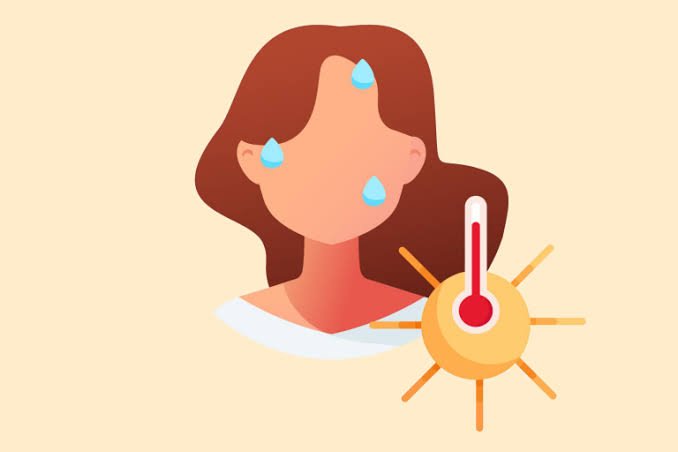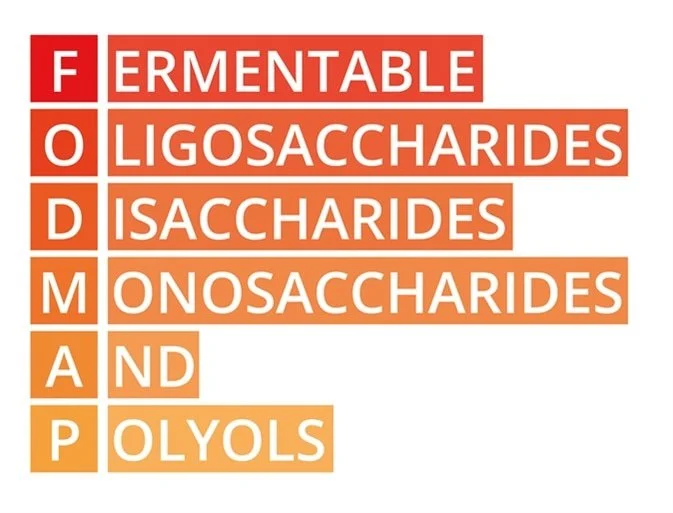Laxatives: Short-term gain for long-term loss
/We’ve all experienced the uncomfortable feeling of constipation at some stage, but for many people that backed-up sensation is more the norm than the exception. It can be tempting to reach for an over-the-counter laxative as a quick fix to get some relief, but it’s so much better for the health of your digestive system to look at natural dietary solutions to ease constipation.
Why are pharmaceutical and over-the-counter laxatives so bad for me?
Laxatives regularly cause serious and irreversible damage by artificially stimulating and desensitising the nerve endings in your colon, which pretty quickly impairs your ability to have a complete and satisfying bowel movement. Laxatives make your colon work in reverse, by drawing water into your waste to bulk up your stool instead of absorbing water out of your waste. Laxative dependency occurs when the colon stops reacting to usual doses of laxatives so that larger amounts of laxatives may be needed to produce bowel movements. By this stage, the nerve endings in your colon are impaired and are simply less able to stimulate your intestinal muscles to contract.
What about senna?
I see a lot of people taking senna tea or a senna supplement because it’s a natural laxative alternative. It’s rare for me to say this, but just because something is natural doesn’t always make it good for you! Senna can have the same desensitising effect on your colon nerve endings as conventional laxatives and as such should be avoided or at the least used very sparingly. If senna laxatives are used too frequently, laxative dependence, electrolyte imbalance and loss of normal bowel function can occur.
What are the best natural laxatives?
Look for foods that help lubricate the intestines, such as chia seeds, aloe vera, flax seeds and slippery elm. Ensure that your fibre intake is adequate with foods like prunes, papaya, kiwifruit and sweet potato. Probiotic foods like sauerkraut and kim chi will help improve stool consistency and regularity. And a minimum of 10 glasses of water daily will ensure your waste is adequately hydrated and soft enough to easily leave your body. Apple cider vinegar can also accelerate waste movement through the colon.
Can you repair the damage done by conventional laxatives?
Absolutely! That’s where colonics come in. Regular colon hydrotherapy can reactivate your intestinal muscles and re-train them over time to enable an easy unassisted regular bowel movement. It’s kind of like a gym workout for your colon muscles – the more you use them during the colonic, the stronger these muscles will get. Make sure you choose a colonic clinic that uses the Open Colonic System with a certified therapist, as it is the only type of colonic that can achieve improvement in muscle tone and restore your gut-brain connection simultaneously.












